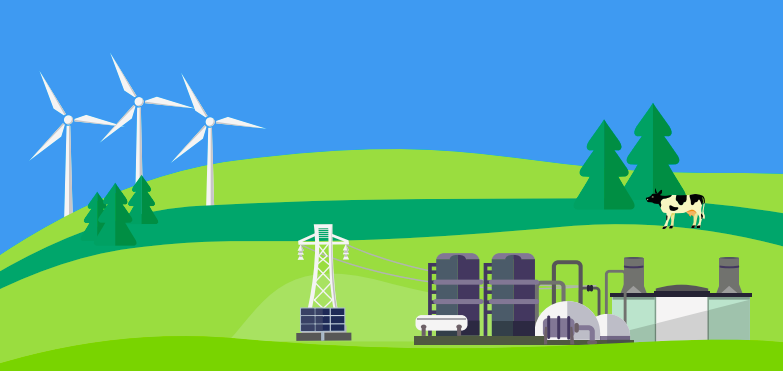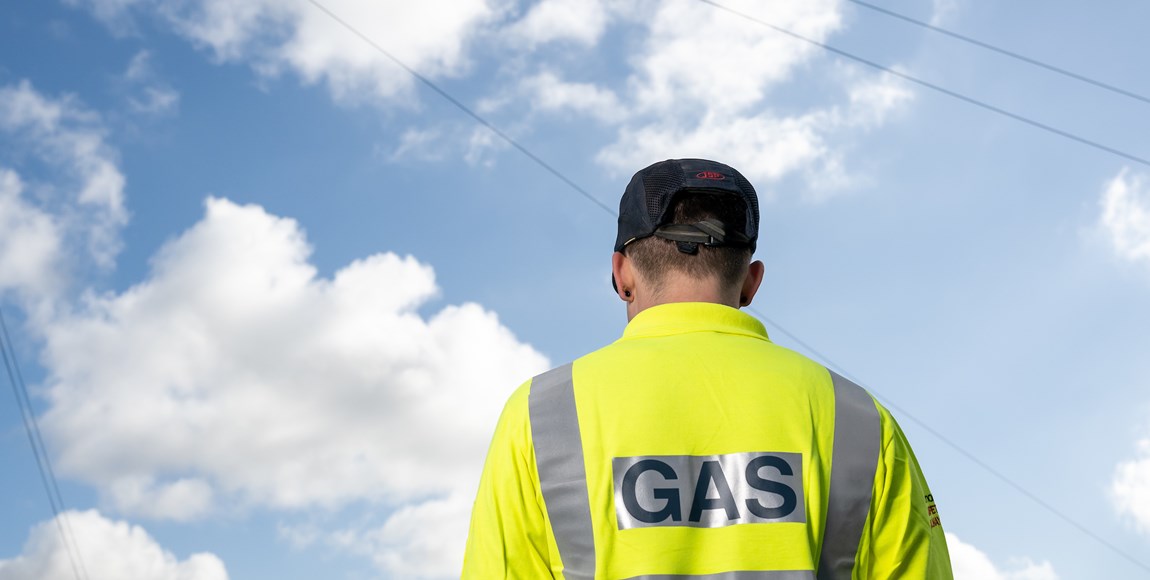
Wales & West Utilities has joined with the rest of Britain’s gas grid companies to set out plans to deliver the UK’s first hydrogen town by 2030, in a major new blueprint for building the UK’s hydrogen economy.
Published as part of Energy Networks Association’s Gas Goes Green programme, Britain’s Hydrogen Network Plan sets out the detail of the activity that all five of Britain’s gas network companies (Cadent, National Grid, Northern Gas Network, SGN & Wales & West Utilities) will undertake to turn Britain’s hydrogen ambitions into reality, as set out in the Prime Minister’s November 2020 ’10 Point Plan for A Green Industrial Revolution’.
Between them, the gas grid companies are responsible for owning and operating the pipelines and other infrastructure that currently deliver gas to 85% of homes in Great Britain.
Britain’s Hydrogen Network Plan also sets out the work gas network companies will undertake to meet the UK’s other hydrogen objectives, including being ready by 2023 to blend up to 20% hydrogen into local gas grids and to help the UK meet its hydrogen production target of 1GW by 2025 and 5GW by 2030.
It sets out how they will help deliver a network of refuelling facilities for zero emissions heavy good vehicles, and connect the renewables production, carbon capture and storage and hydrogen use for industrial SuperPlaces, helping deliver two clusters by the mid-2020s and two more by 2030.
Specifically, the Plan provides explains how the companies, responsible for owning and operating £24bn of energy infrastructure, will:
- Ensure the safe delivery of hydrogen through innovation projects. This includes work being undertaken by the Hy4Heat programme (led by BEIS), to test different household appliances such as boilers, heaters and cookers in variety of different settings, and the world leading H21, H100 Fife and HyNTS Future Grid projects, which are testing different parts of the gas network.
- Maintain security of energy supply, to ensure gas networks have enough capacity to meet Britain’s energy demands using hydrogen. This includes modelling how gas networks will behave, to ensure that capacity is put in place in the right places and as well as how much hydrogen will be needed. Projects such as Project Cavendish on the Isle of Grain will pioneer the connection of hydrogen production facilities to Britain’s gas networks.
- Work with people’s needs, to help reduce carbon emissions whilst ensuring that people and businesses have a choice of different low carbon technologies – in our homes, our offices and factories, as well as on our roads. This includes delivering hydrogen neighbourhood domestic trials of different appliances, through the world-leading H100 Fife project and hydrogen village trials through the HyNet Homes The Future Billing Methodology and Real Time Networks projects will help ensure consumers continue to receive accurate gas bills, as more hydrogen is introduced to the gas grid.
- Deliver jobs and investment, including through the replacement of old iron mains gas pipes around the country with new, hydrogen-ready pipes instead. By 2032, the companies are planning to have invested £28bn in doing so, in projects around the country. The Plan shows that gas network companies are playing a role in delivering £1.5bn of funding in industrial decarbonisation projects around the country.
We are delighted to be part of this initiative which plans to deliver the UK’s first hydrogen town by 2030 and will turn Britain’s hydrogen ambitions: heating homes, powering businesses, into reality.
As independent research shows, converting our existing safe and reliable gas network to transport green gases like hydrogen and biomethane will help the UK get to Net Zero more sustainable and affordably than alternatives, while minimising disruption to energy consumers.
Building the UK’s first hydrogen town is not just about replacing the natural gas that most of our homes rely upon today; it’s about reducing our carbon emissions in a safe and secure way. It’s about delivering meaningful choice for households, businesses and communities. And it’s about ensuring that the economic benefits of hydrogen are spread around the country, to take advantage of the breadth and scale of that transformation.
Britain’s Hydrogen Network Plan sets out how our gas network companies will do all of that in the years ahead.
Wales & West Utilities is committed to playing its part to help the UK get to Net Zero carbon emissions by 2050. It has 30 power stations connected to its network to support renewables like wind and solar power, while 19 green gas sites inject enough decarbonised green gas to power 130,000 homes. The company’s network also supplies bus garages in three locations, fuelling CNG buses that improve air quality and reduce carbon emissions from public transport.



